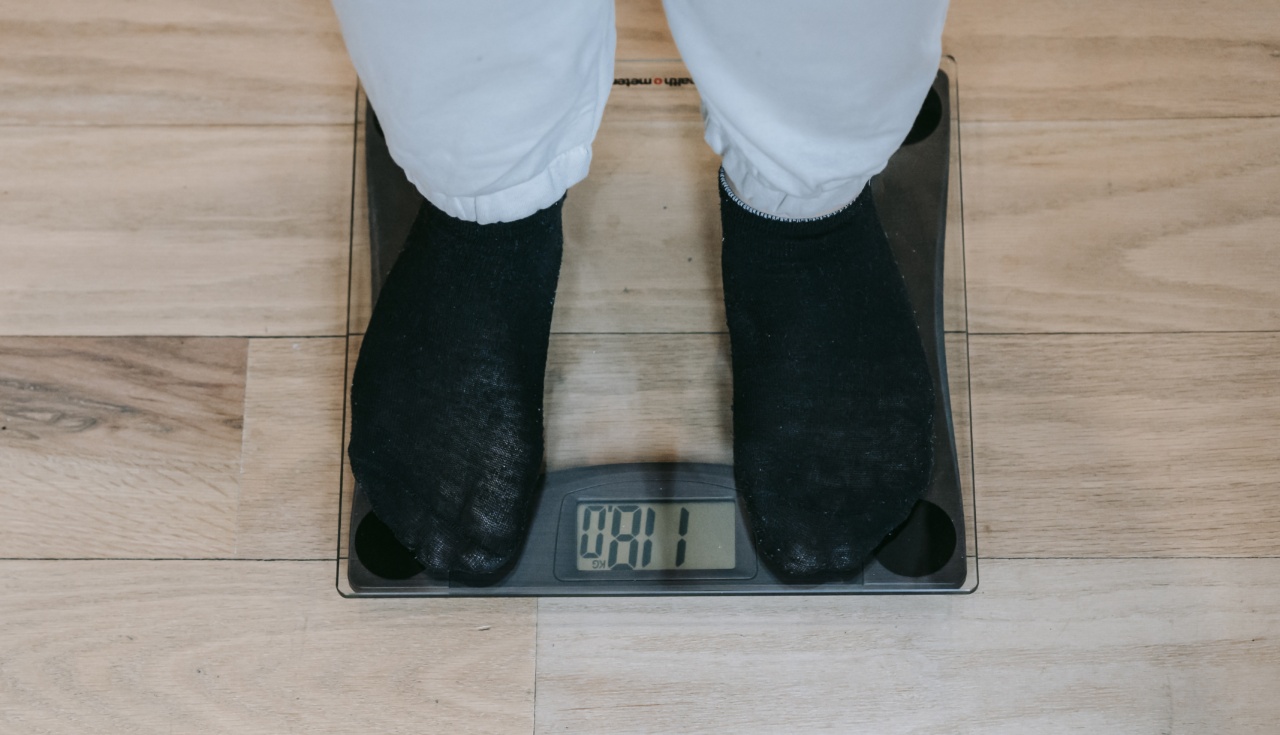Losing weight is a goal for many individuals who want to improve their health and boost their confidence. However, losing weight can be tricky if you are not careful.
You want to lose fat while retaining muscle mass to maintain a toned and healthy physique. Unfortunately, many individuals who try to lose weight fall prey to diet traps that can lead to muscle loss.
If you want to retain muscle while losing weight, it is essential to follow a sound nutritional plan that supports muscle retention. Here are the top 5 indicators that your diet is not promoting muscle retention during weight loss:.
1. You are Losing Weight Too Fast
When you lose weight too fast, you are more likely to lose muscle mass instead of fat. This happens because the body perceives rapid weight loss as a threat and goes into a catabolic state, breaking down muscle tissue for energy.
If your weight loss exceeds 1-2 pounds per week, you may be losing muscle along with fat.
2. You are Not Eating Enough Protein
Protein is essential for muscle growth and repair. When you cut calories to lose weight, you may also cut back on protein, which can lead to muscle loss.
According to the American College of Sports Medicine, adults should aim for 1.2-1.7 grams of protein per kilogram of body weight per day to maintain muscle mass during a weight loss plan.
3. You are Not Consuming Enough Carbohydrates
Carbohydrates are the primary fuel source for high-intensity workouts that stimulate muscle growth. If you limit your carbohydrate intake too much, you may not have enough energy for intense training, which can lead to a decrease in muscle mass.
Aim to consume complex carbohydrates, such as whole grains, fruits, and vegetables, to fuel your workouts and support muscle growth.
4. You are Not Timing Your Meals Properly
Timing your meals is crucial for muscle retention during weight loss. Eating frequent small meals throughout the day can help you maintain a steady stream of nutrients to support muscle growth.
Additionally, consuming a meal that contains both protein and carbohydrates within 30-60 minutes after exercising can help optimize muscle recovery and growth.
5. You are Not Getting Enough Micronutrients
Micronutrients, such as vitamins and minerals, are crucial for optimal health and muscle retention. Deficiencies in certain nutrients, such as Vitamin D, calcium, and magnesium, can impede muscle growth and recovery.
Ensure that you consume a variety of nutrient-dense foods, such as fruits, vegetables, and lean protein sources, to obtain all the micronutrients that your body requires.
Conclusion
Retaining muscle mass during weight loss is crucial for maintaining a healthy, toned physique. Failure to optimize your diet for muscle retention can lead to significant muscle loss and a weak, flabby appearance.
If you notice any of the five indicators above, make the necessary changes to your diet to promote muscle retention during weight loss. Focusing on maintaining muscle while losing fat will help you achieve your desired body composition and keep you healthy and happy for many years to come.



























